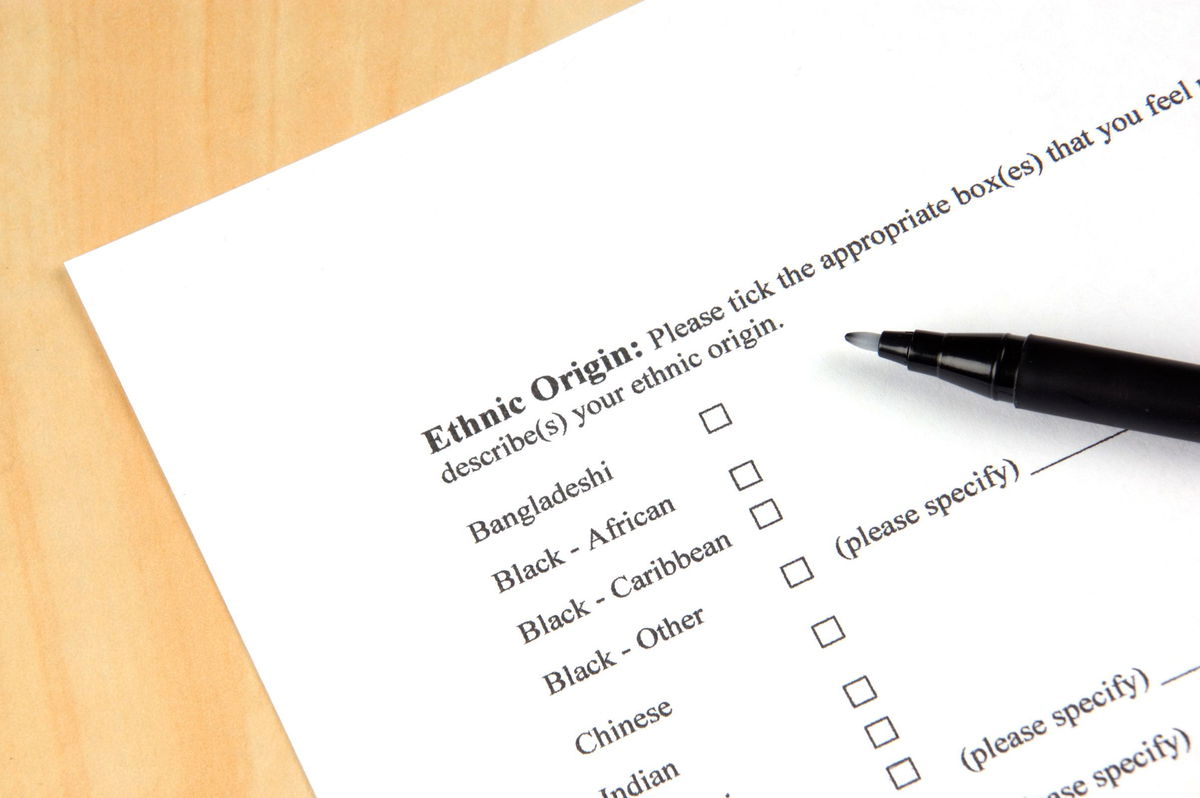Use of race and ethnicity is sometimes ‘harmful’ in medical research, says new report

Race can influence diseases in individuals because it acts as a social determinant of health
By Kaan Ozcan, CNN
New York (CNN) — Jazmin Evans was diagnosed with kidney disease at the age of 17 in 2012. She received a kidney transplant in July 2023, after being on the transplant wait list for four years. Today, a year and a half after the transplant, Evans says she feels great, and her kidney is working “perfectly fine,” with “no signs of rejection.”
But her journey to a transplant wasn’t easy. Evans told CNN that she was placed on the kidney transplant list in 2019 — four years later than she should have been – because her race was used in clinical equations to assess the health of her kidneys.
“I should have been placed on the transplant list in 2015 because there is no scientific reason why my race as an African American should’ve been a factor in how well my kidneys function,” Evans said.
The equation used to assess Evans’ kidneys routinely overestimates the kidney function of Black Americans, delaying Evans’ treatment. The equation’s overreliance on race is inaccurate and dangerous but unfortunately still common, according to a report from the National Academies of Sciences, Engineering and Medicine that was published Wednesday.
The report found that race and ethnicity in biomedical research are used “sometimes in harmful ways.”
Clinical equations are used by health-care professionals to help make decisions in patient care and treatment.
Race and ethnicity are used to categorize Americans often, but according to the report, these categories can be misused in scientific analyses. The report adds that this characterization contributes to the “persistent misconception” that humans can be biologically divided based on their race, an idea known as “race science.”
Race can influence diseases in individuals because it acts as a social determinant of health, not a biological one. The report critiques the overuse of race in algorithms, treating it as a proxy for other variables, such as socioeconomic status or discrimination.
“Race is a very strong predictor for certain diseases,” Dr. M. Roy Wilson, an ophthalmologist who co-authored the report, told CNN. “We just think that it’s overused and relied on too much, without looking at what some of the underlying reasons might be for the disease.”
The report included other examples of how race has been improperly seen as a driver of disease, like sickle cell disease among Black individuals. The high propensity is believed to be due to geographic distribution or ancestry, rather than race.
The use of race as a factor for determining health, and subsequent treatment plans, can come from “outdated assumptions about race” — the same assumptions that affected Evans’ treatment.
“There’s no question that many other clinical algorithms have basis in racist thinking, or in outright racism,” Wilson said. “It’s also no question that some of these clinical algorithms that are race-based have been harmful.”
Some researchers propose that increasing diversity in the fields that create these models can help reduce bias in algorithms. Others also propose “cross-functional expertise” when creating these algorithms, CNN previously reported.
To combat inaccurate AI assumptions, the report stated, health professionals must use “careful deliberation” before deciding whether to include race in their calculations. Including race in algorithms when it is “appropriate and scientifically justified” will depend on the research and its goals.
Wilson said that this assessment and justification should be done “throughout the different stages of the research process.”
The report also recommended that researchers partner with “relevant communities” to include authentic and expansive experiences of race and ethnic groups.
Evans, who was not involved with the new report, is now an advocate for racial equity in health care. She says there needs to be a re-analysis of “general assumptions about patients because of their race,” adding that health-care providers need to understand that there is a “layer of racism that is baked into” some of the tools used in determining patient care.
“Our understanding of race and ethnicity is continuing to evolve,” Wilson said. “And that’s why this study was so important at this time.”
The-CNN-Wire
™ & © 2024 Cable News Network, Inc., a Warner Bros. Discovery Company. All rights reserved.